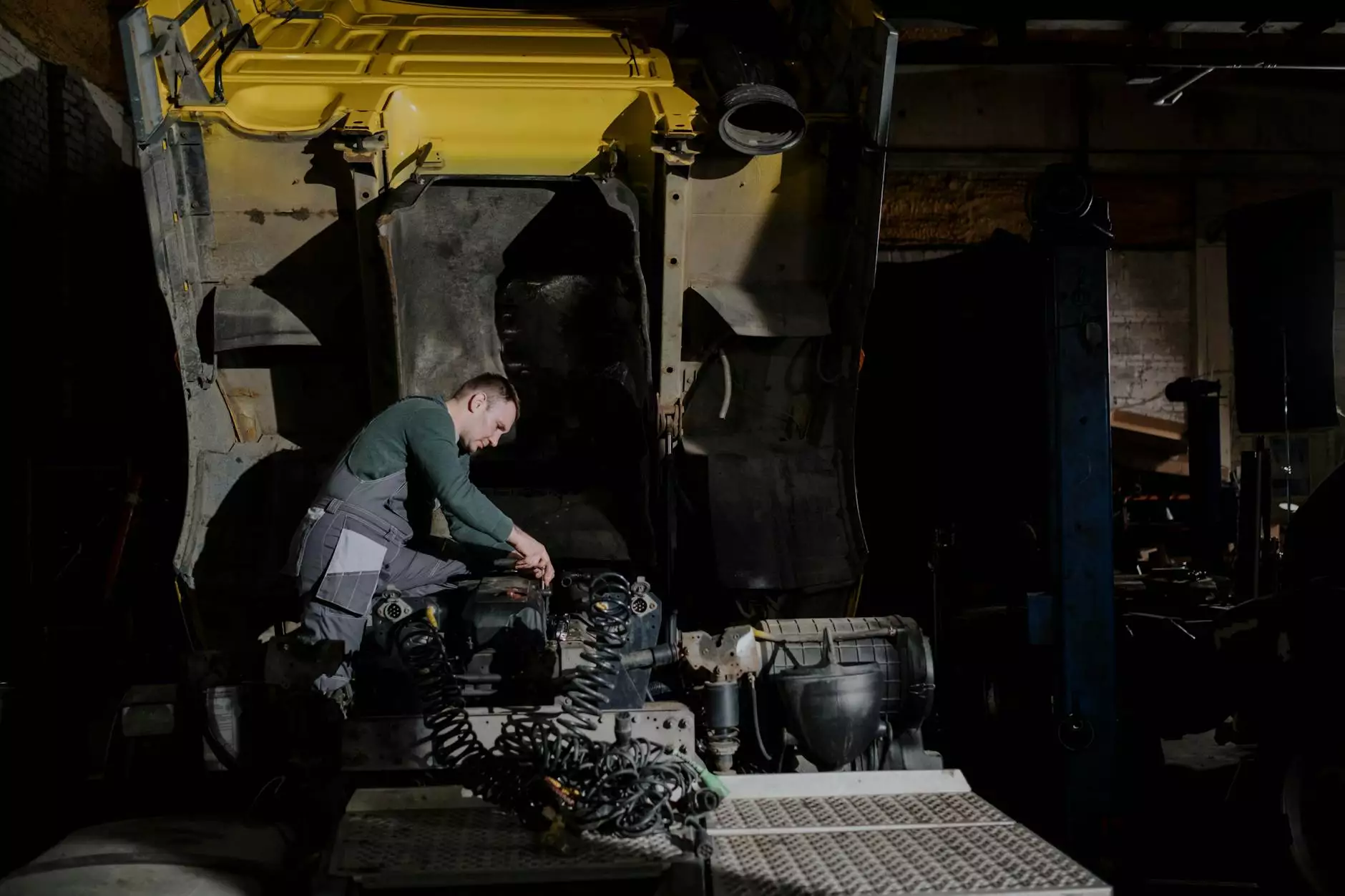The Intricate World of Fake Money Business

In today's fast-paced and ever-evolving financial landscape, the concept of fake money buy emerges as a topic of fascination for many entrepreneurs. This article will explore the underlying mechanics of this niche market by examining associated categories such as cash flipping and cloned cards, while also addressing the ethical considerations involved in this business. Through comprehensive insights, you will gain a deeper understanding of how to navigate this unique yet controversial domain effectively.
The Definition of Fake Money Buy
Fake money buy refers to the practice of acquiring counterfeit currency or similar financial instruments that mimic the appearance of legitimate money. This can include professional-grade replicas or deliberately unattractive variations intended for novelty use. While this market has gained notoriety, its nuances and dynamics deserve a profound analysis.
Why Explore the Fake Money Business?
The fake money industry attracts individuals for a multitude of reasons:
- Entrepreneurial Opportunities: Many see the fake money business as a way to capitalize on a highly niche market.
- Entertainment Value: Some people purchase fake currency for use in movies, theater productions, or for collectors.
- Education and Awareness: It also serves as a means to educate people about the importance of recognizing authentic currency.
Understanding Cash Flipping in the Context of Fake Money
Cash flipping is a term often associated with converting a small amount of cash into a larger sum through various means. While some may view it as a strategy to quickly enhance wealth, it is crucial to differentiate between legal cash flipping and illegal activities, especially when integrating the concept of fake money buy.
The former emphasizes using legitimate means to turn a profit, whereas the latter can spiral into financial fraud. Understanding these distinctions can aid aspiring entrepreneurs in navigating the terrain responsibly.
Legal Cash Flipping Strategies
If you are interested in legal cash flipping, consider the following strategies:
- Reselling Products: Purchase items at a lower price and resell them for a profit.
- Investing in Stocks: Use small amounts of capital to buy stocks, aiming for significant returns.
- Cryptocurrency Trading: Engage in buying and selling cryptocurrencies for potential gains.
The Role of Cloned Cards
Cloned cards, another facet of this business, refer to counterfeit credit or debit cards that have been replicated using stolen data. This illegal act poses significant risks, not only to the perpetrators but also to consumers and financial institutions alike.
While exploring the landscape of cloned cards, it's essential to focus on understanding the technologies behind card authentication:
- EMV Chip Technology: Enhanced security features are increasingly used to protect consumers.
- Encryption: Data encoding measures that safeguard consumer information from fraud.
- Fraud Detection Systems: Technologies designed to identify and prevent unauthorized transactions.
Ethical Considerations of Engaging in the Fake Money Business
Engaging in the fake money industry necessitates a thorough understanding of the legal and ethical implications:
Legality of Fake Money Purchases
In many jurisdictions, the production and distribution of counterfeit currency is a serious criminal offense. As such, transactions involving a fake money buy should be approached with caution.
Potential Legal Consequences
If caught engaging in illegal fake currency transactions, individuals could face severe penalties, including:
- Fines: Significant monetary penalties imposed by legal authorities.
- Prison Time: Serious offenders risk facing criminal charges leading to incarceration.
- Criminal Record: A permanent record that can hinder future employment opportunities.
Finding Legitimate Sources for Purchasing Fake Money for Entertainment
While the concept of fake money buy often carries a negative connotation, there are legitimate avenues for acquiring fake currency intended for non-monetary purposes. Some recommended sources include:
Online Retailers
Many established online retailers specialize in selling replica currency. Look for reputable sellers who provide transparency about their products and usage rights.
Local Stores
In some regions, novelty stores offer fake currency for theatrical or educational purposes. Ensure that the items are clearly marked as non-legal tender.
Trade Shows and Events
Occasionally, industry trade shows will have vendors offering novelty currency. This can be a great opportunity to assess the legitimacy of the source before making a purchase.
The Future of the Fake Money Industry
As technology continues to advance, one can expect the fake money industry to evolve. Here are a few factors that may influence the future:
- Increased Regulation: Governments may introduce more stringent regulations on the production and distribution of fake currency.
- Technological Advancements: Enhanced technologies in financial security may limit the effectiveness of counterfeit currency.
- Public Awareness: As consumers become more educated on the topic, the demand for novelty fake currency could increase.
Final Thoughts
The fake money industry, characterized by the practice of fake money buy, presents both opportunities and challenges for entrepreneurs. As you delve deeper into this realm, it is crucial to prioritize ethical practices and understand the risks involved. Always seek legitimate avenues for purchasing fake currency and remain informed about the legal implications accompanying your transactions. By doing so, you can navigate this unique business landscape successfully and responsibly.









